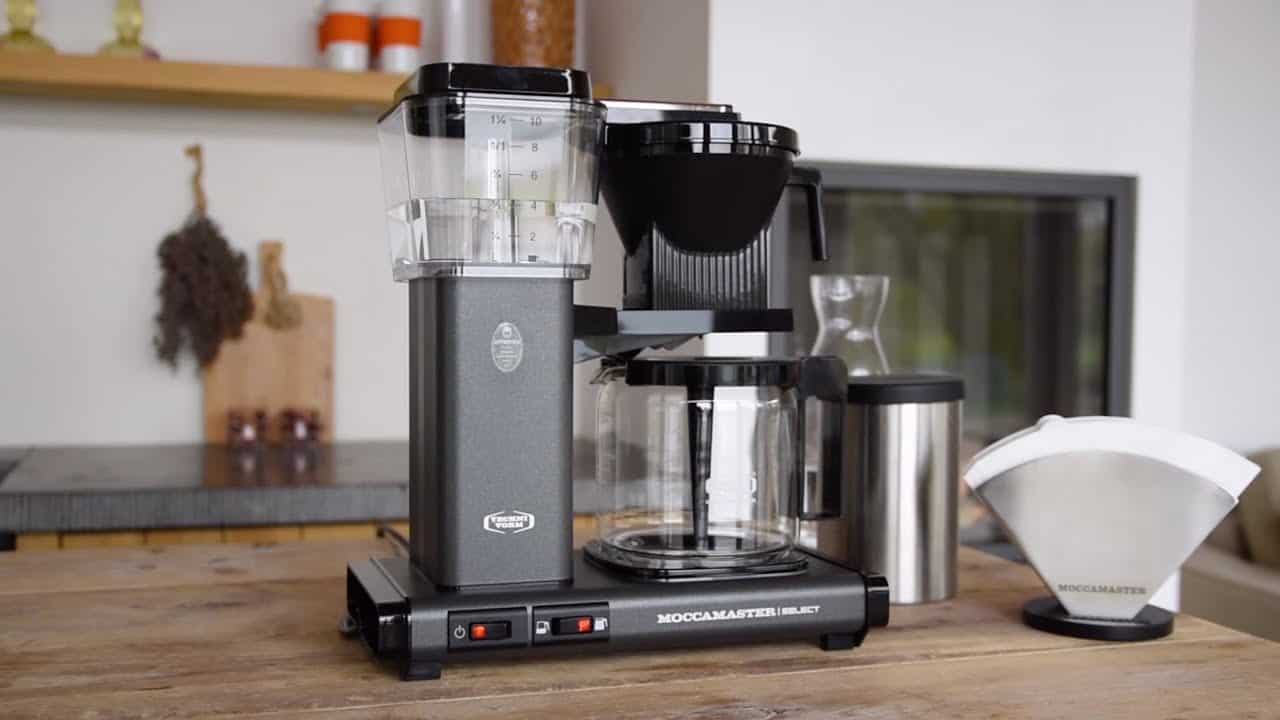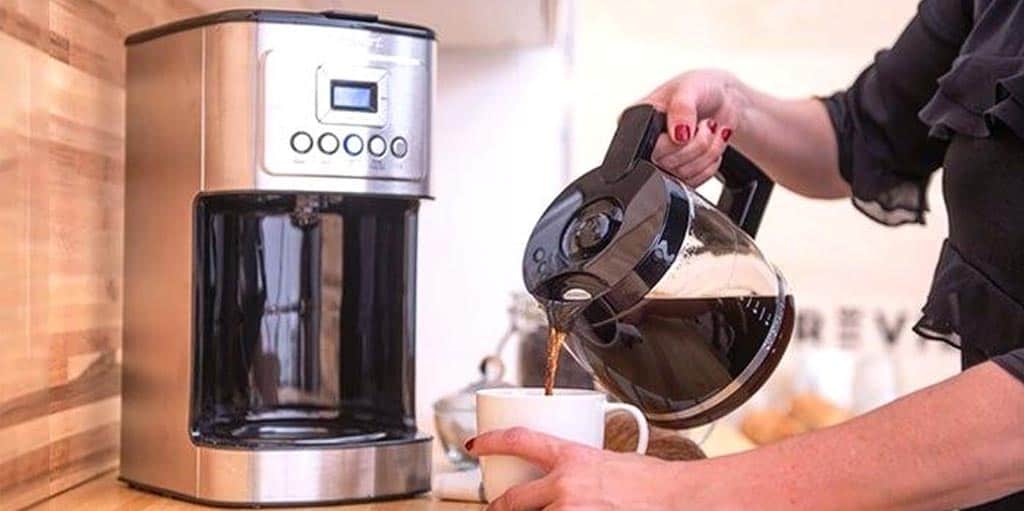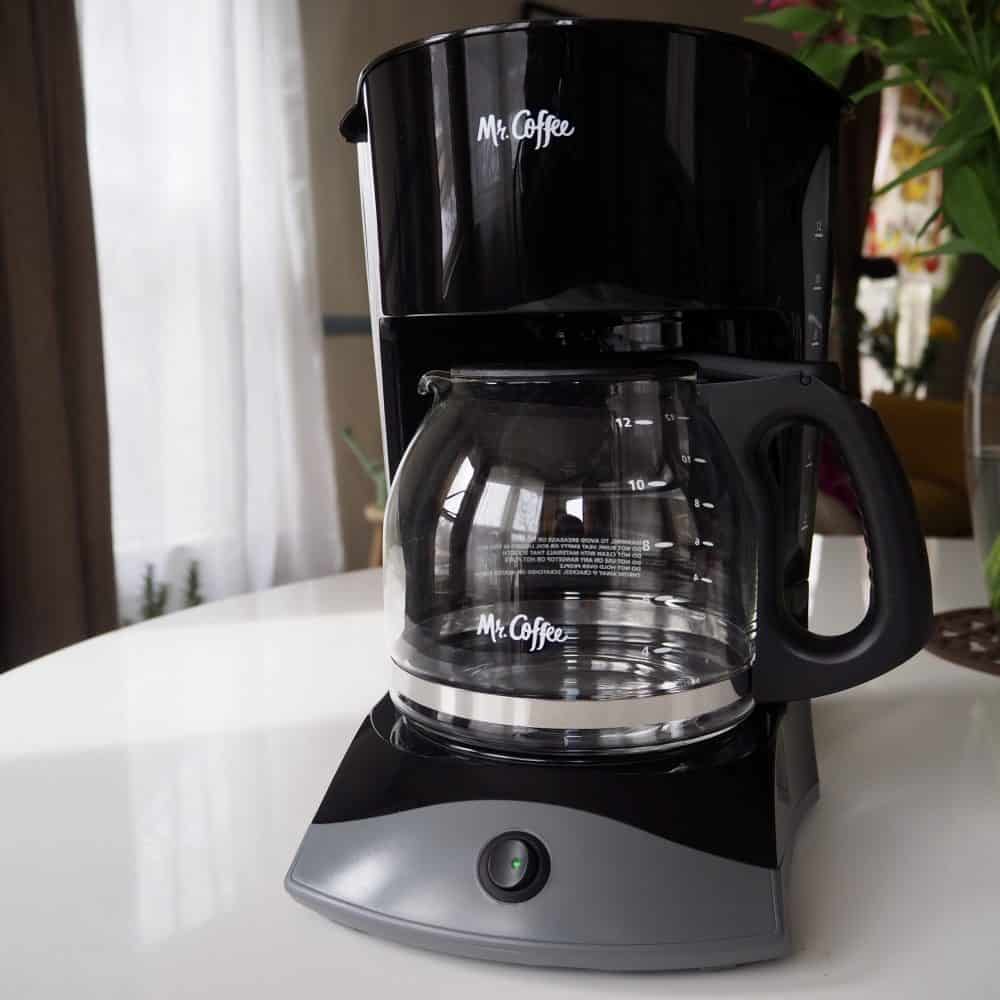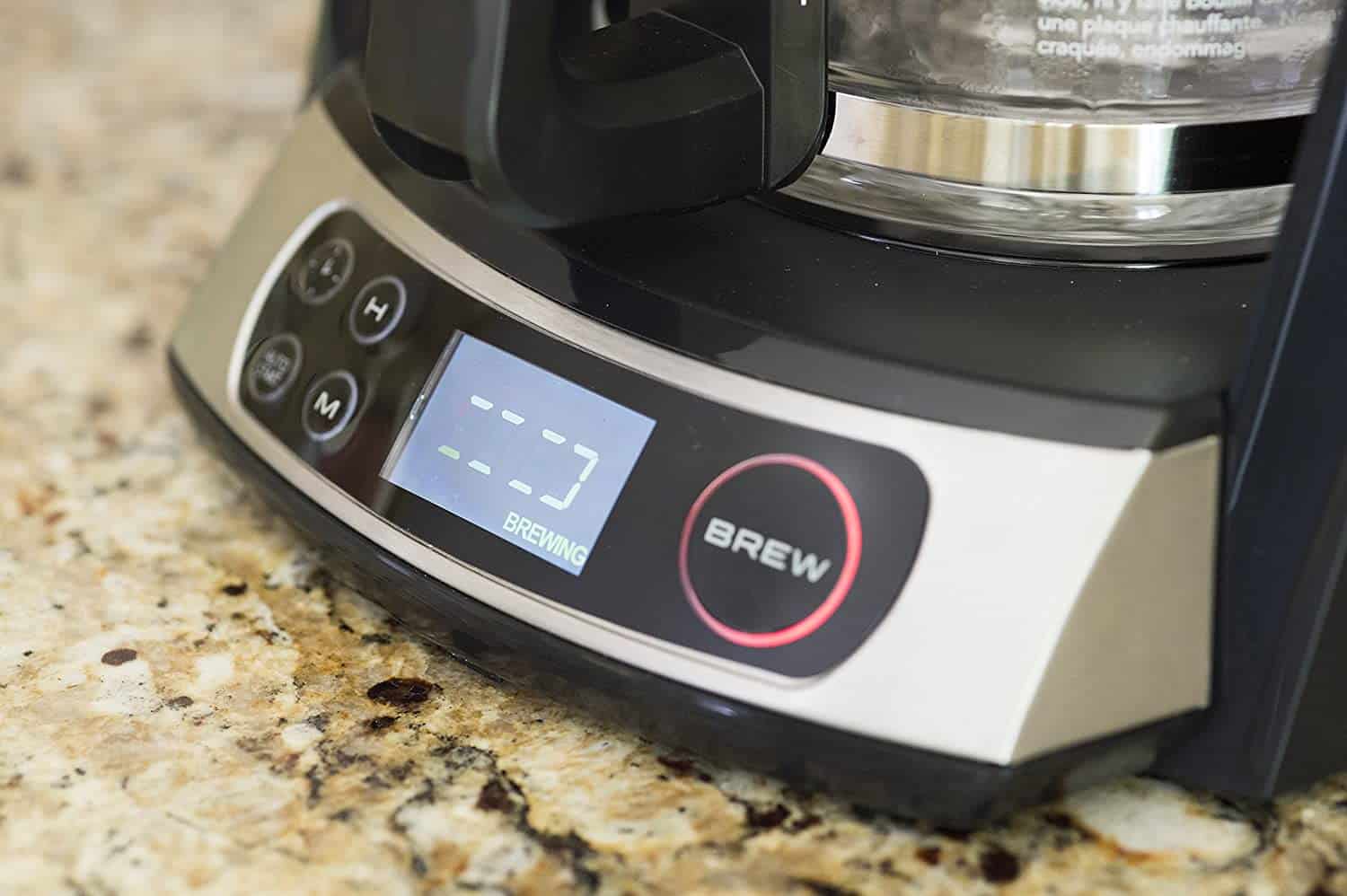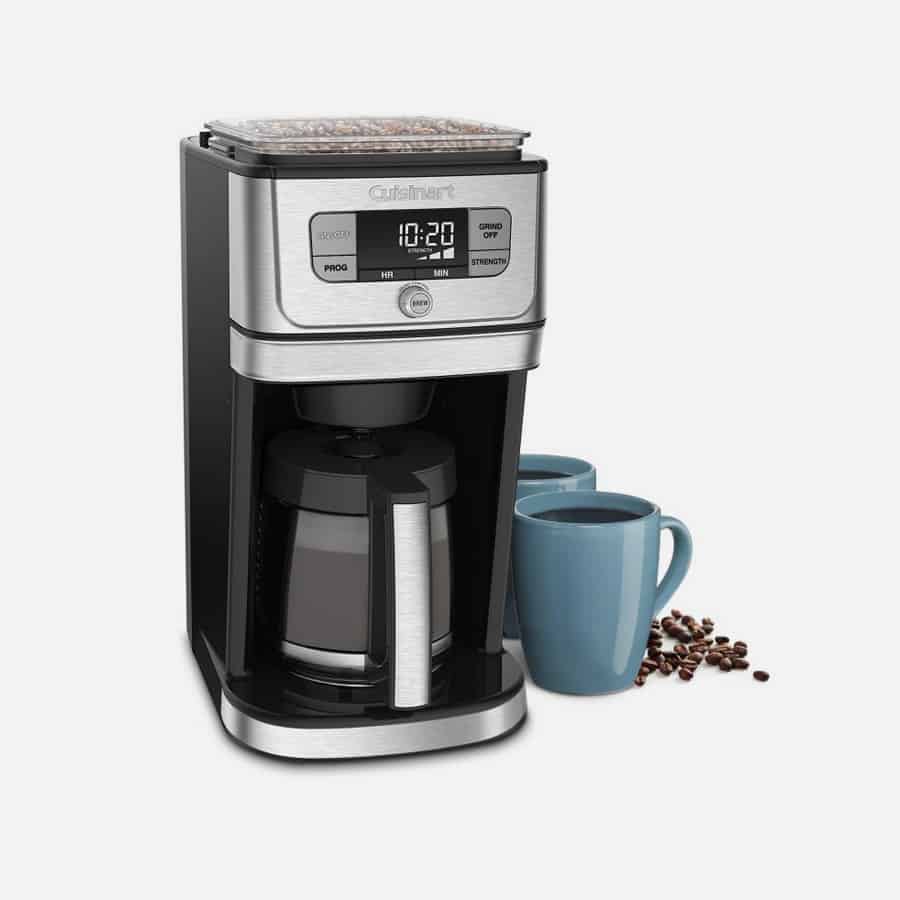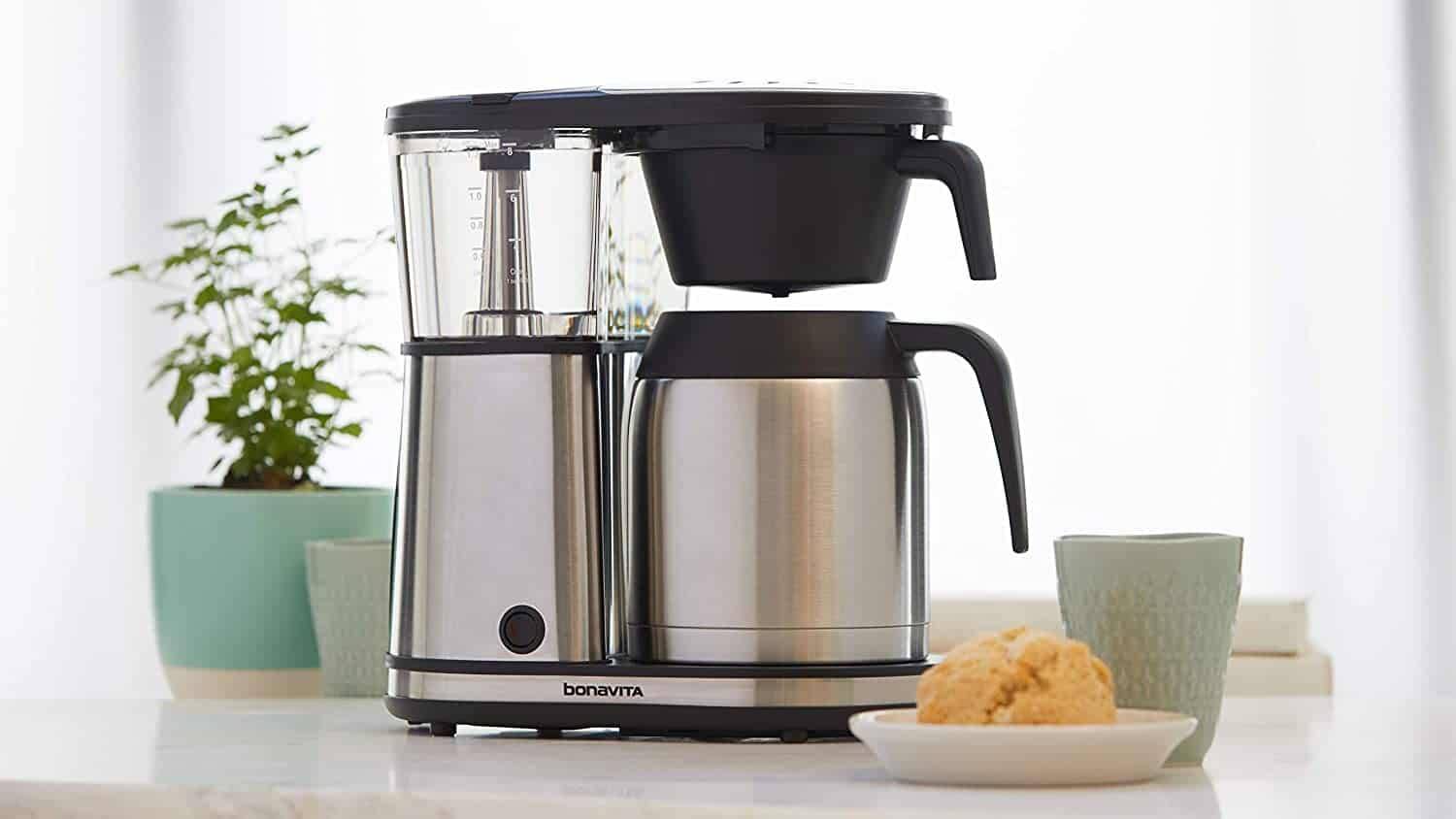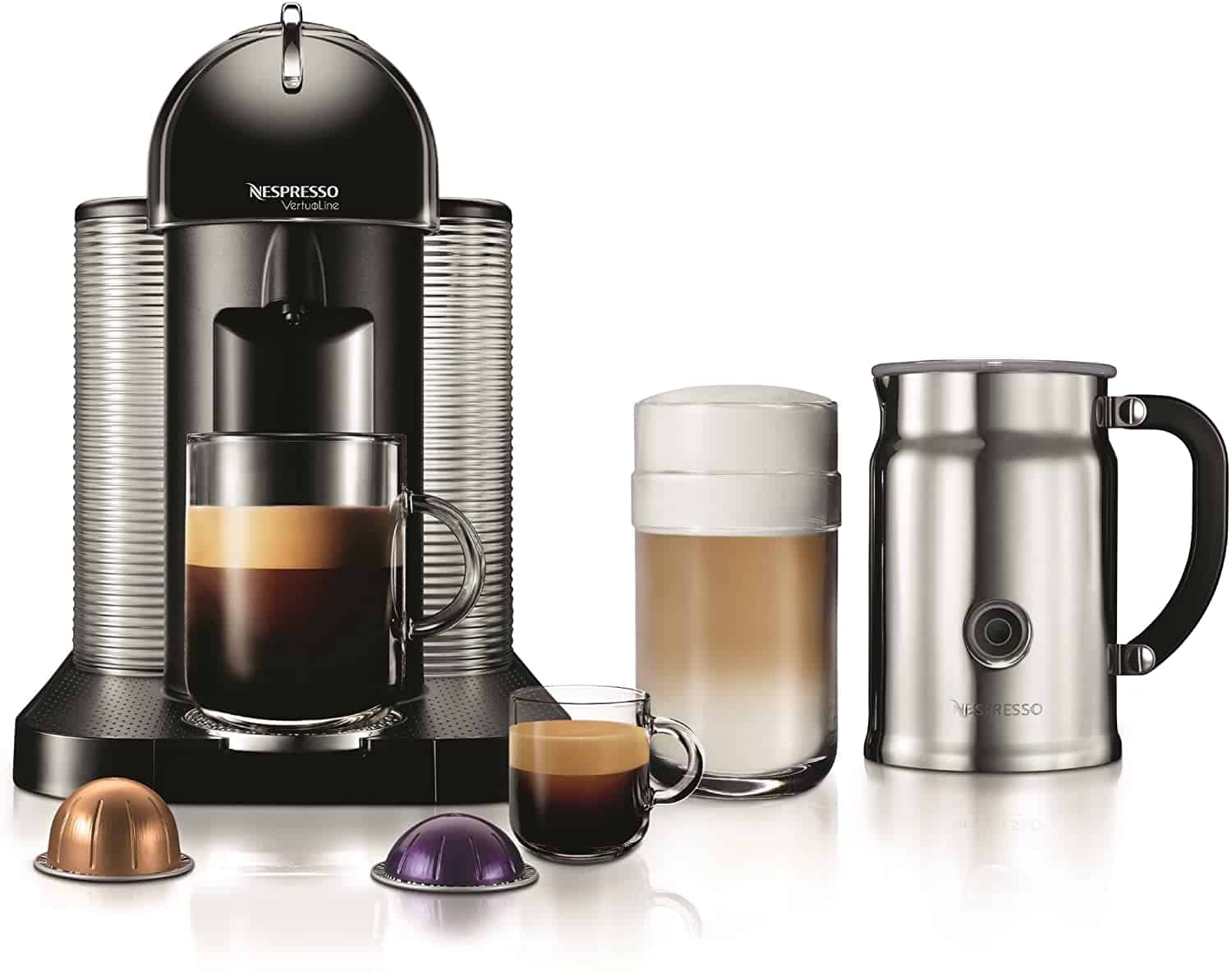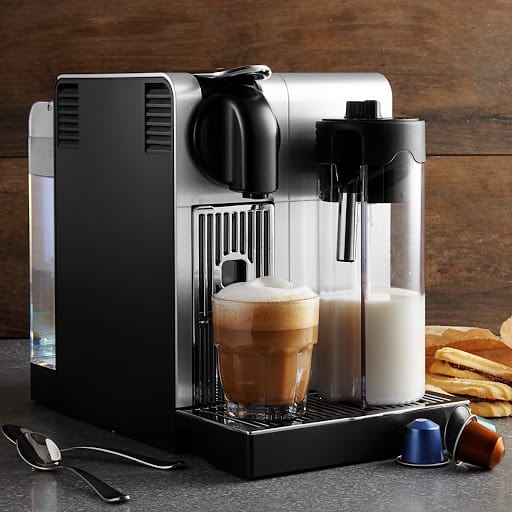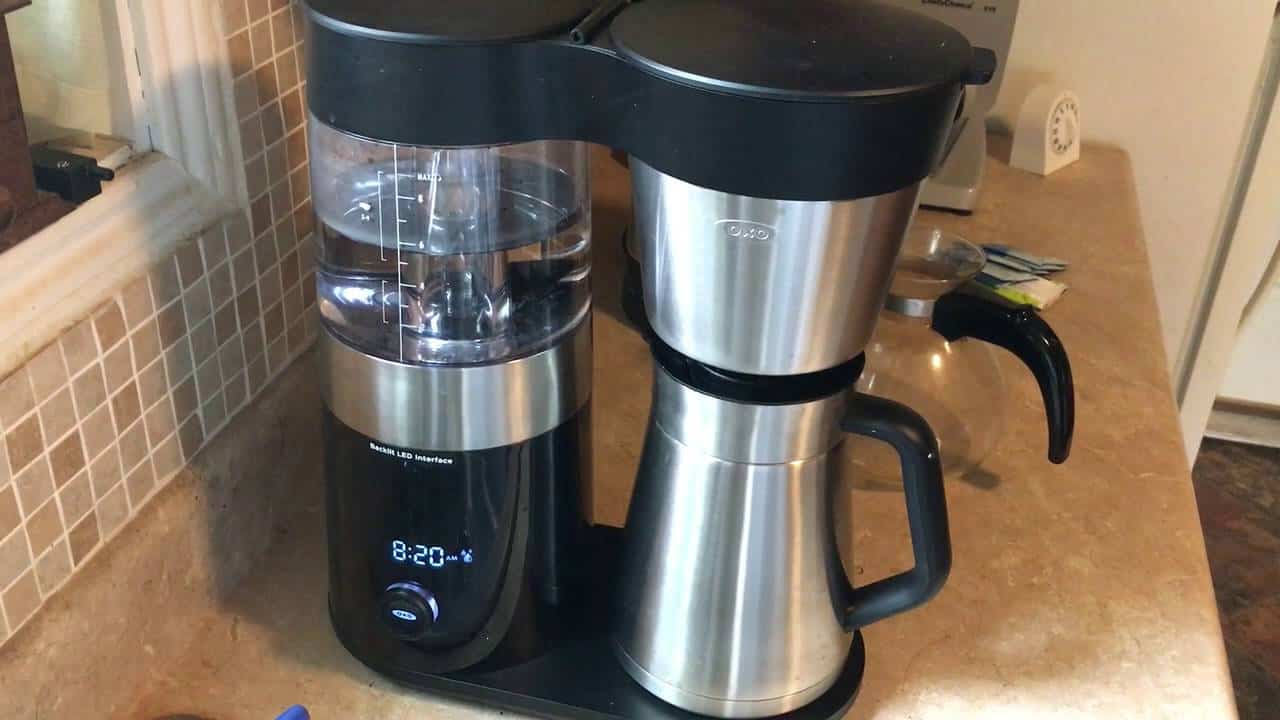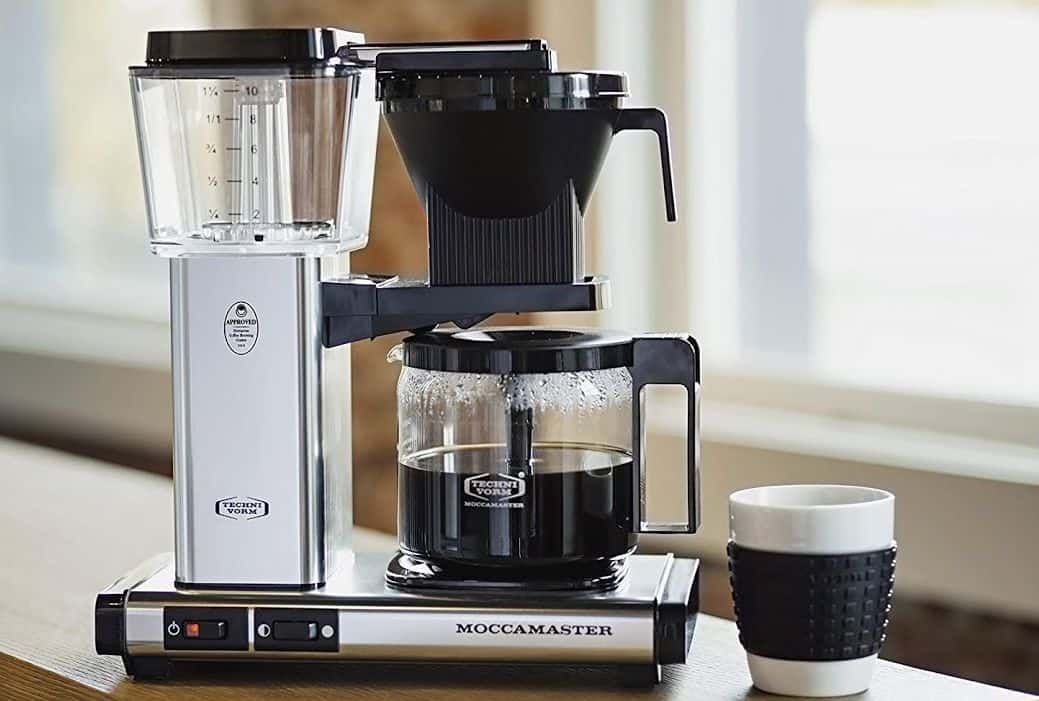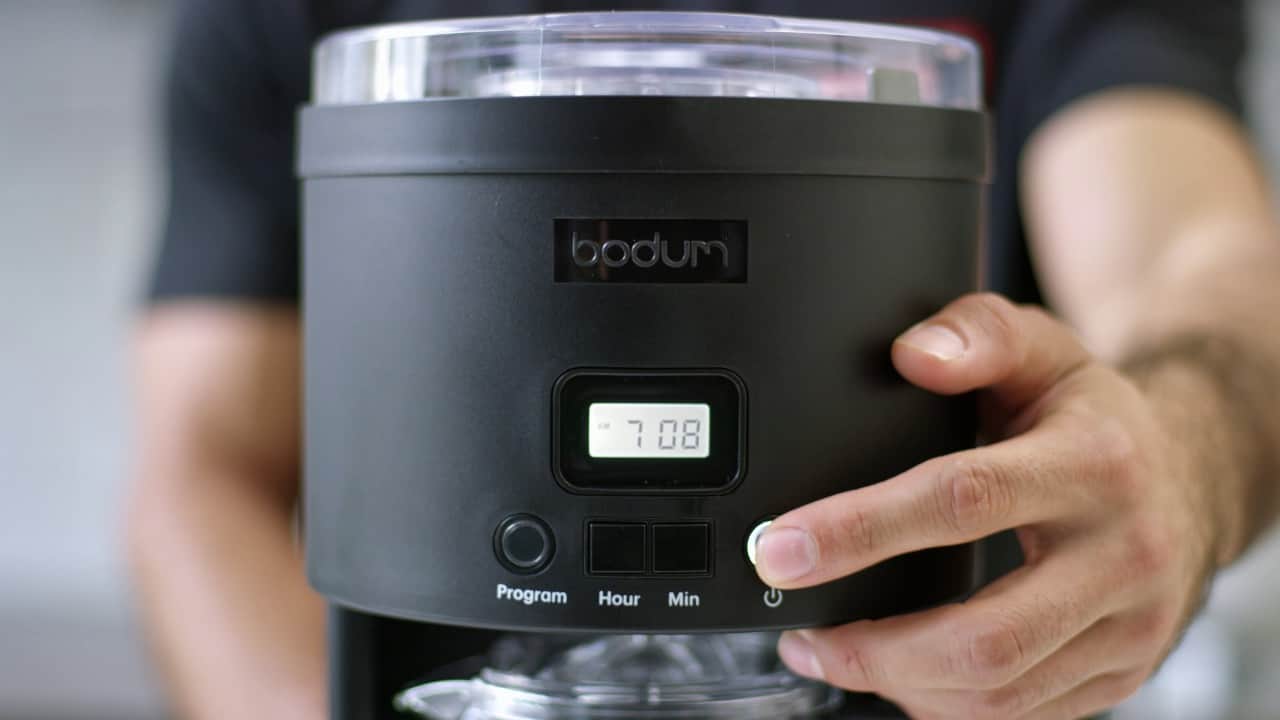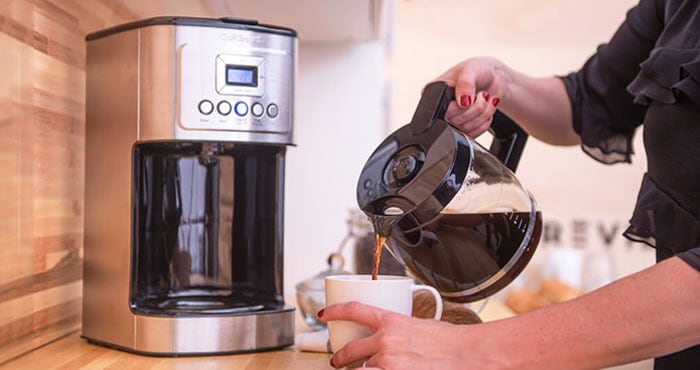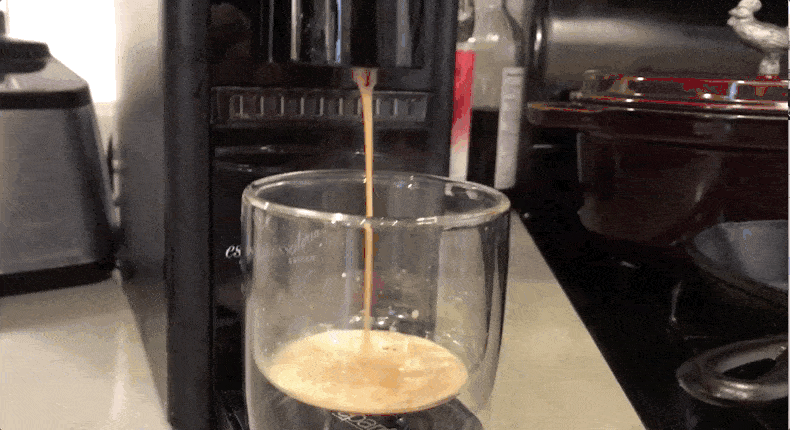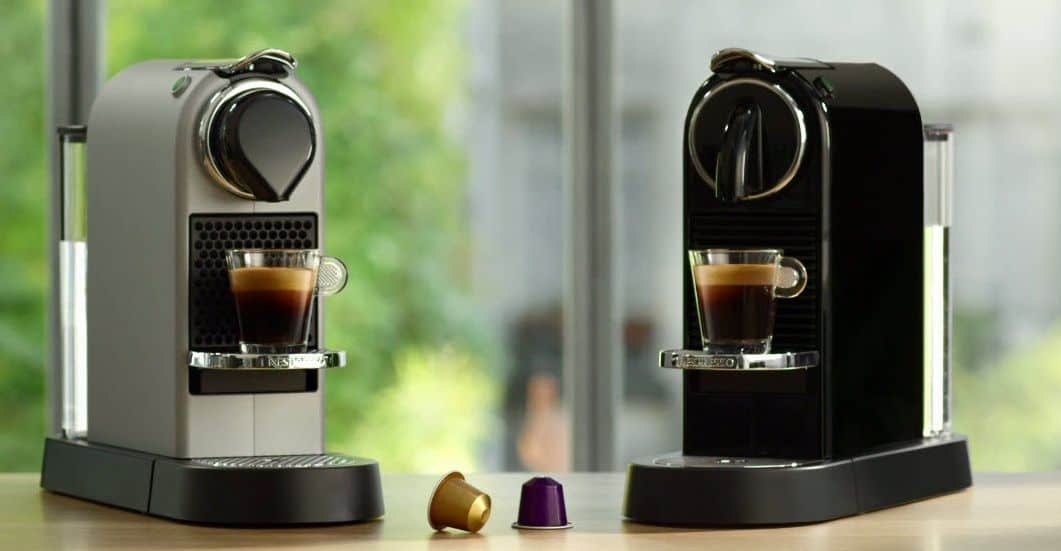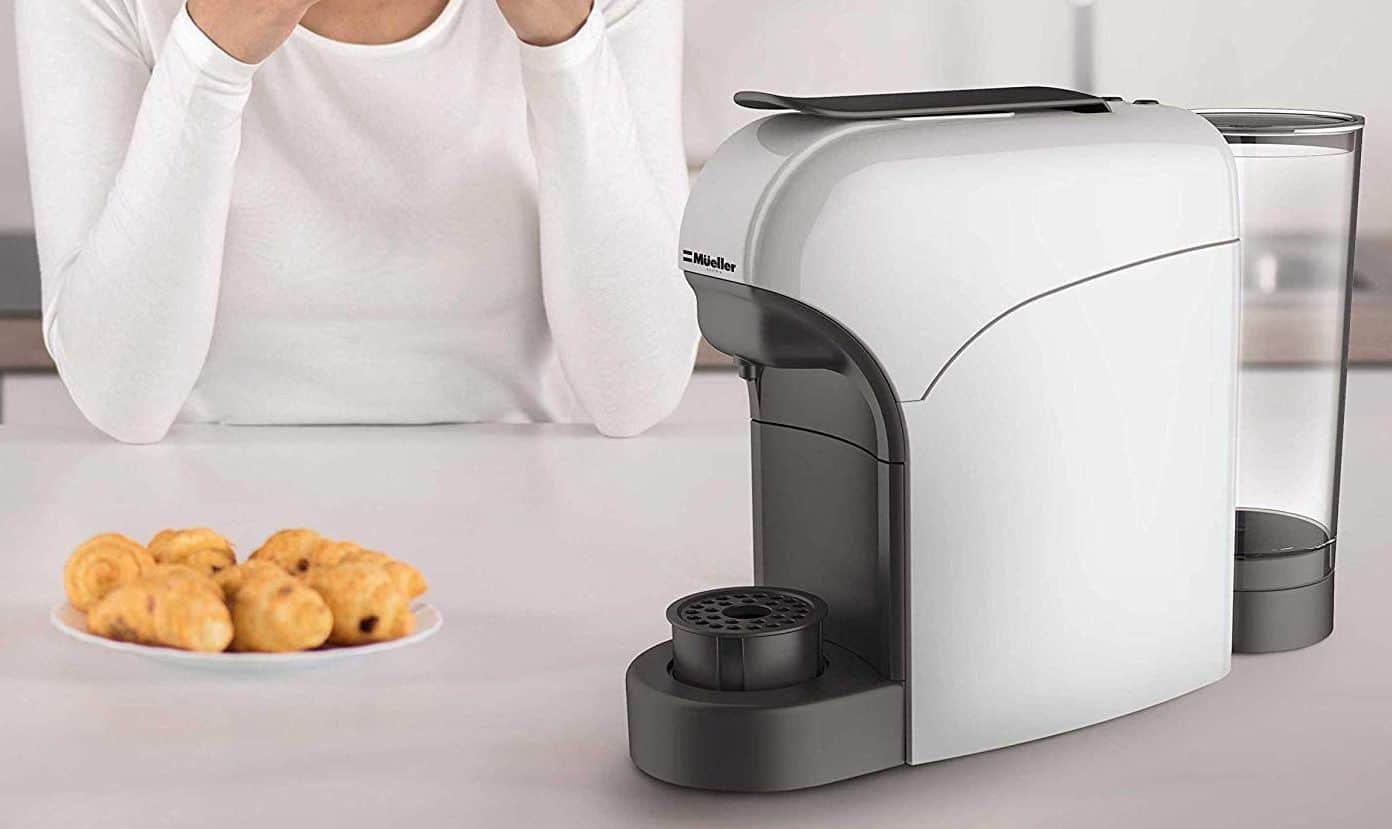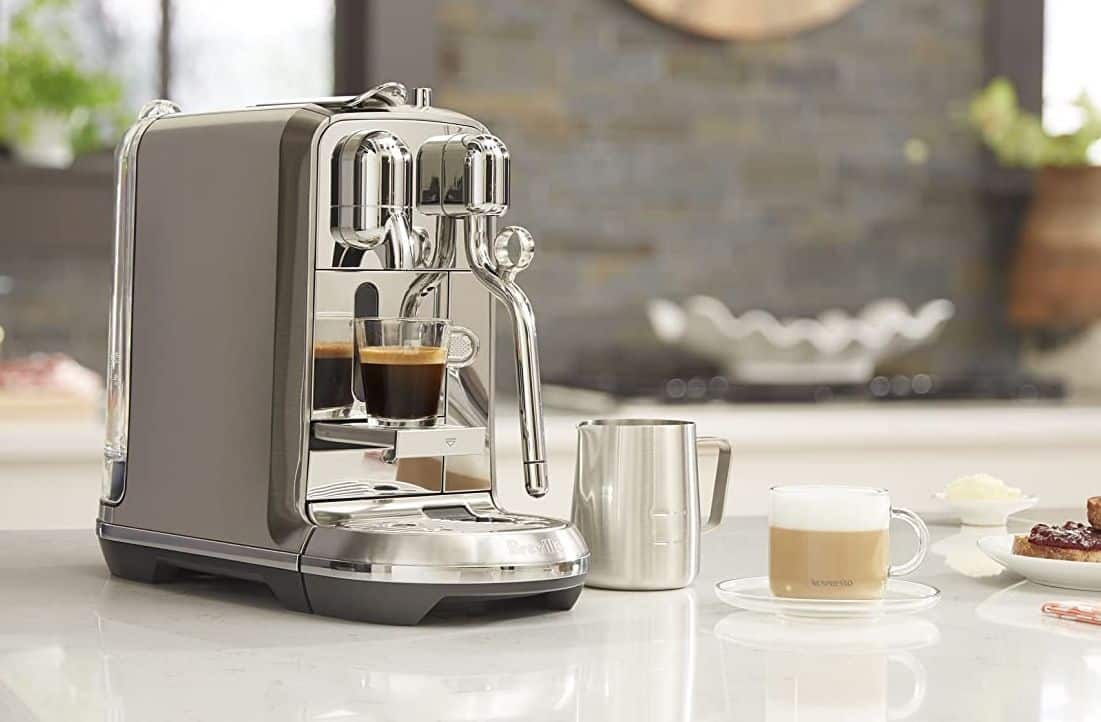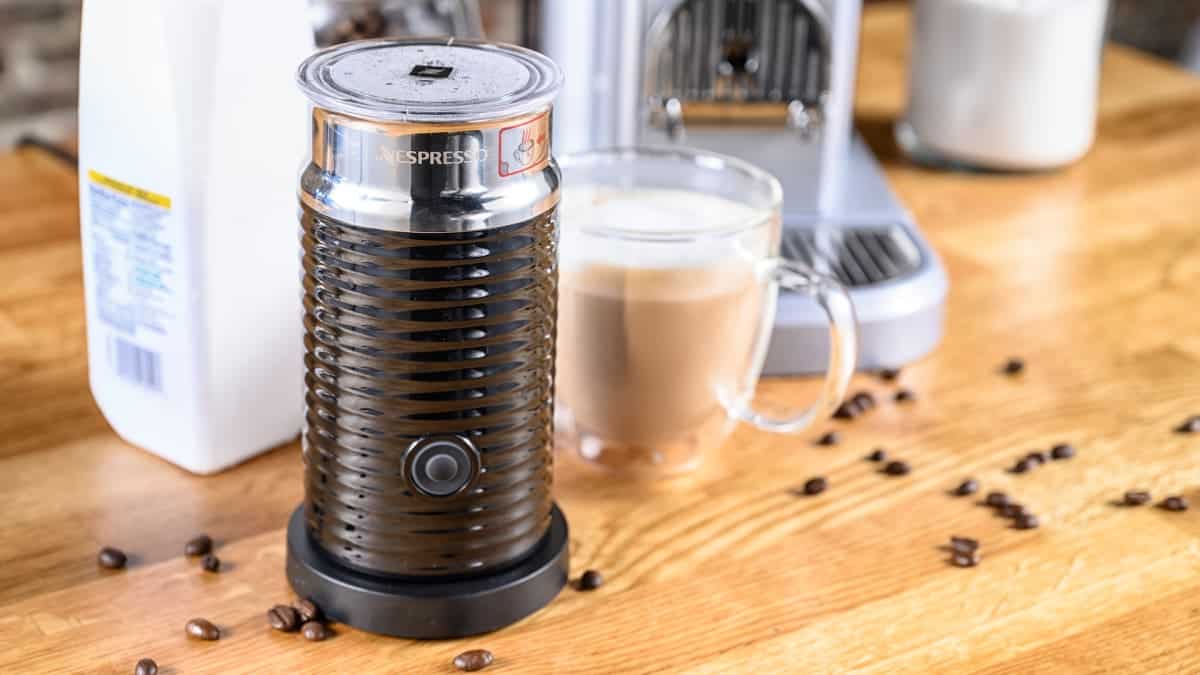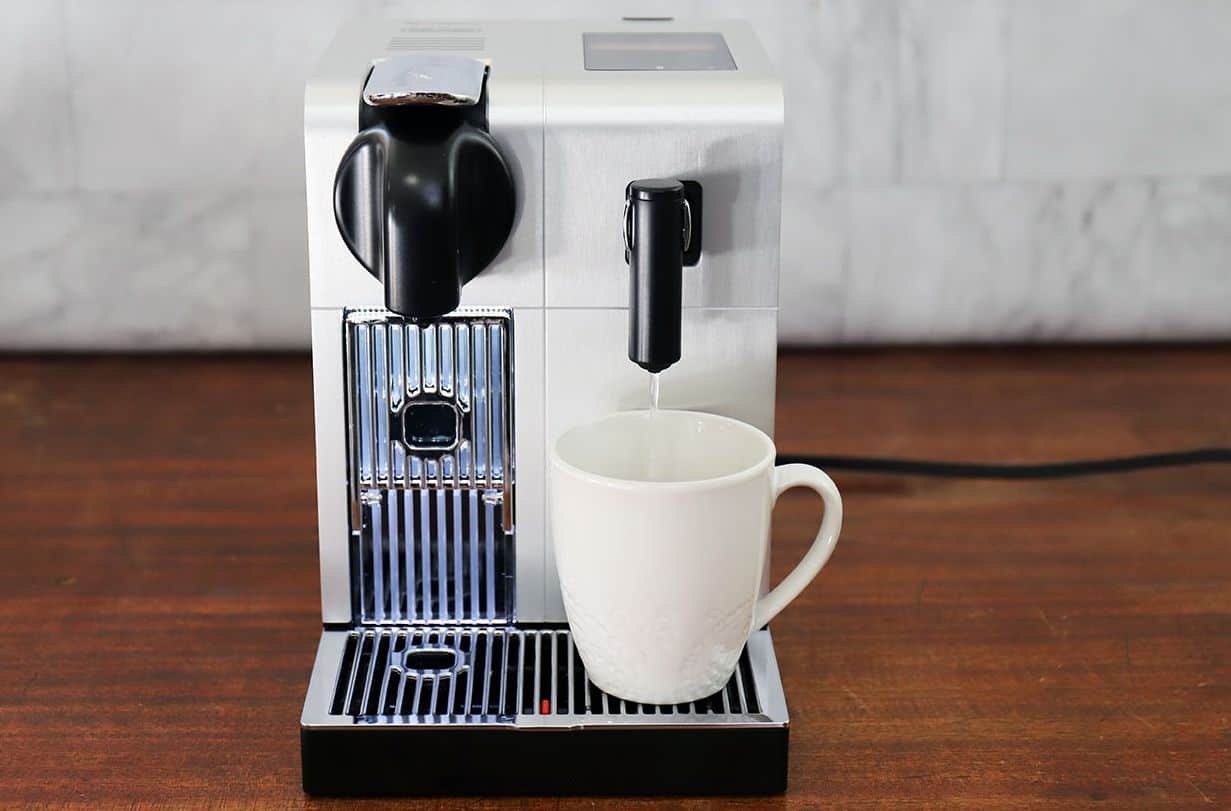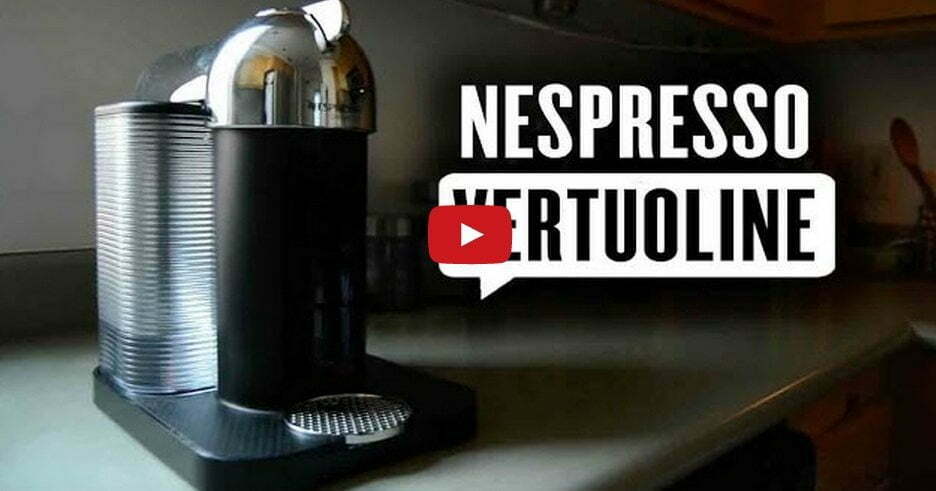“Why do the coffee makers keep breaking in my house?” isn’t a question anybody wants to be asking, especially if there are track records associated with breaking appliances. Once you pour in a few ounces of water and start the brewing process, you should be good to go. If not, you need to find a fix quickly.
KEY TAKEAWAYS:
- Several factors lead to the deterioration of your appliances, such as using a high water temperature, having a poor water filter, and more.
- While keeping your fancy coffee maker on and running at all times will keep your coffee warm, it can also lead to wear and tear from overuse.
- Your drip coffee maker will not last forever, and it is natural for a drip coffee maker to break within a year or two if it’s not a fancy coffee maker made with stainless steel.
After all, a coffee a day keeps the misery at bay. Whether you like your coffee warm or iced, the best coffee maker will fulfill any request for brew temperature.
How to Keep Coffee Makers Running
Some like their coffee stronger and hot, while others prefer iced coffee. No matter your preference, you can probably agree that full coffee reservoirs are tantamount to paradise. There are several strategies to help your drip coffee maker last longer.
Cleanliness is always a factor in longevity. You never want to be in a situation where you’re asking, “Why do I have tiny ants in my coffee maker?”
Insider Tip
If you’re craving that coffee shop taste, invest in coffee oils and syrups to take every cup of coffee to the next level.
Reasons Your Coffee Machine Keeps Breaking
There are several reasons why you’re continuously having issues brewing hot coffee in the morning. Whether you have multi- or single-serve coffee makers, you expect them to produce cups of coffee when you need them to.
Their job is to produce and keep coffee hot. If your coffee appliances keep breaking, there’s a reason for it. You might have other questions, like, “Why does my coffee maker overflow?” Luckily, we have all the answers.
Not Keeping Your Coffee Maker Clean
NSF International, an organization dedicated to public health and safety, has reported that over half of the water reservoirs tested had mold in them. Your water reservoir is no different.
Cleaning your appliance isn’t difficult. Just use a little bit of white vinegar and soapy water. Make sure that the soapy water is highly diluted. Otherwise, you might risk damaging your appliance.
Not Using Fresh Water When You Brew Coffee
Every type of coffee maker out there requires you to use clean, plain water. Some models have a safety mechanism so that the brew time doesn’t begin if it senses boiling water in the water reservoir. The reason you need to use fresh water is because of mineral build-up.
Mineral buildup collects over time and can lead to issues with your popular coffee maker.
Warning
When buying coffee beans, try and pick “Fair Trade” options that are more eco-friendly and humanitarian.
F.A.Q.S
Is a reusable filter better for brewing a pot of coffee?
That depends on what angle you’re coming from. For environmentally friendly folks, absolutely. However, the cups of coffee made with a reusable filter are more likely to have problems.
How do I know when to replace my coffee maker?
There are a few signs that your ancient coffee maker is on its last legs:
- The coffee doesn’t reach optimal temperature anymore
- Your morning cup of coffee has lost flavor
- It’s taking longer to brew coffee
Should I use cold water or hot water to brew a pot of coffee?
You should always use cold water to brew coffee. There are heating elements in the coffee maker that will bring water to the perfect temperature for brewing coffee.
Why are there coffee grounds in my coffee cup?
If you see black bits floating in your coffee cup, dump the entire thing down the sink. They might be a sign that small amounts of ground coffee are getting through your mesh filter. However, it could also be mold.
STAT: The two most commonly grown coffee bean types are C. arabica and C. robusta. (source)
REFERENCES:
- https://www.researchgate.net/publication/263672081_Caffeine_addiction_Caffeine_for_youth_Time_to_act
- https://www.youtube.com/watch?v=g2OurULdW6U
- https://www.researchgate.net/publication/216604684_Caffeine_Addiction_in_High_School_Youth_Evidence_of_an_Adverse_Health_Relationshipr
- https://bekoplc.blob.core.windows.net/bekoupload/manuals/CFD6151WB.pdf
- https://www.youtube.com/results?search_query=brewing+coffee

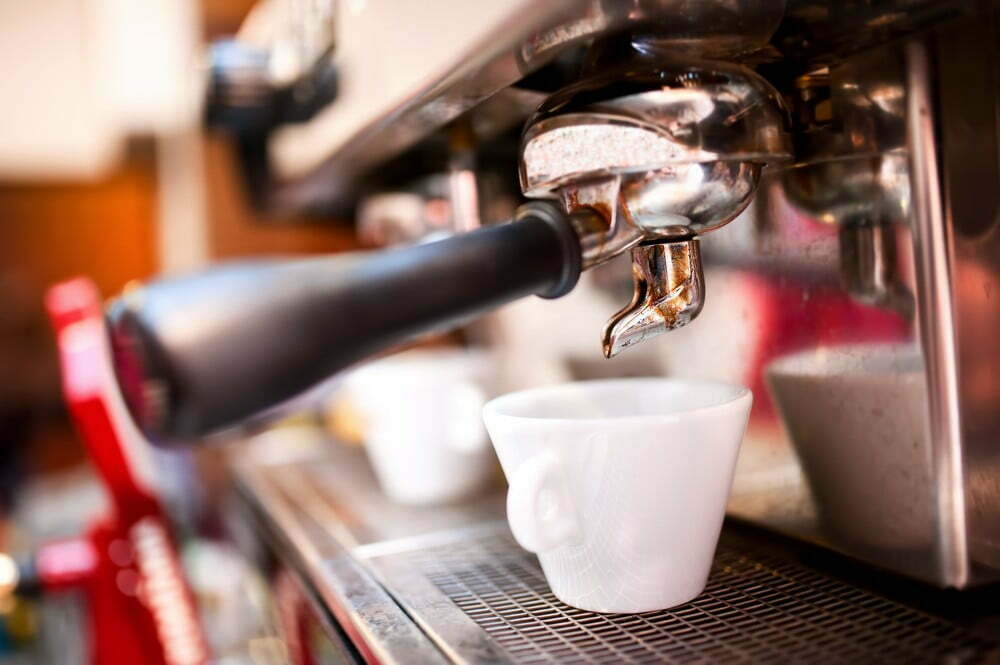













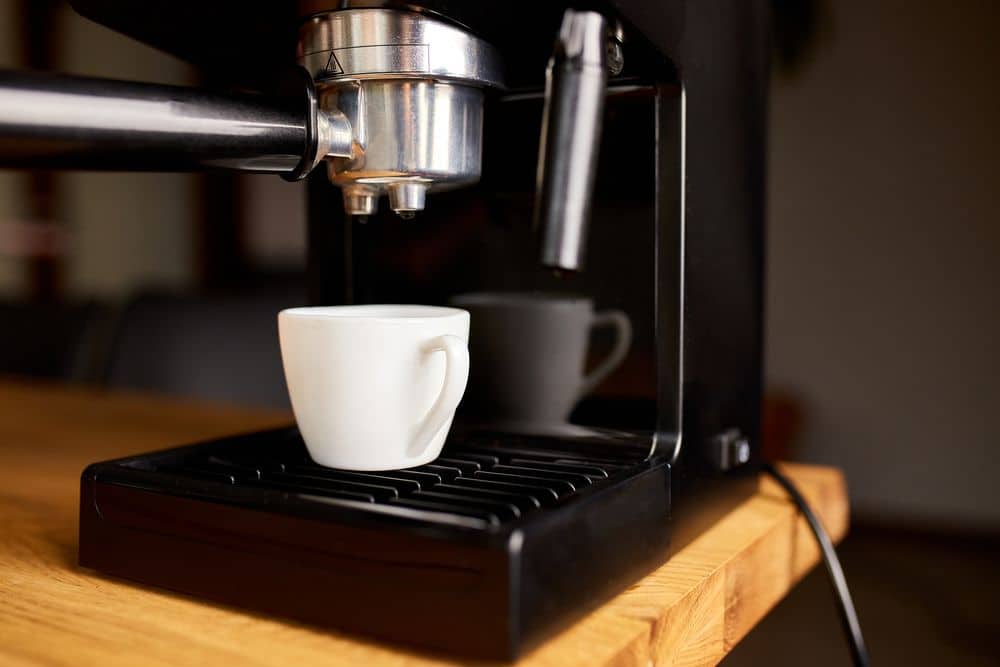
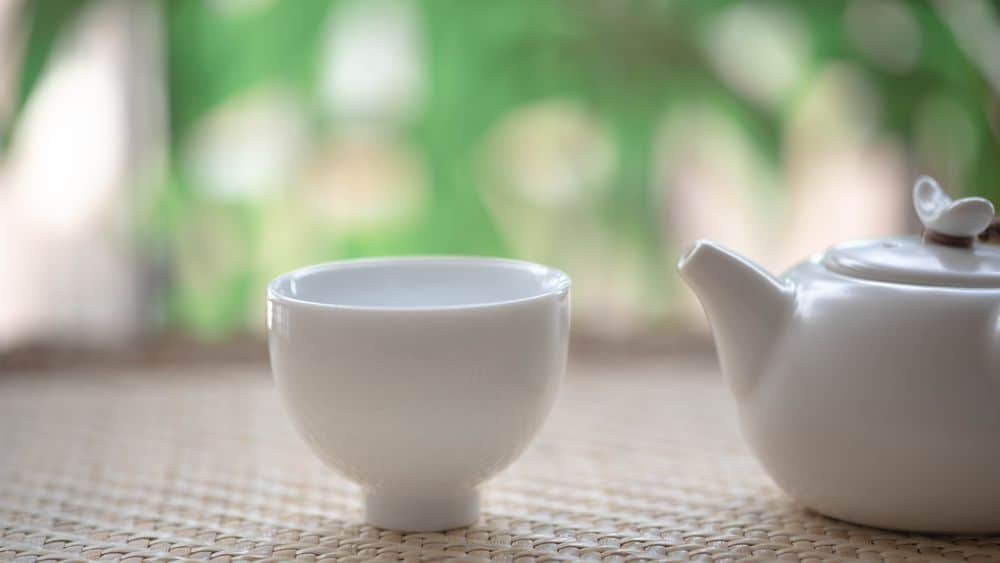
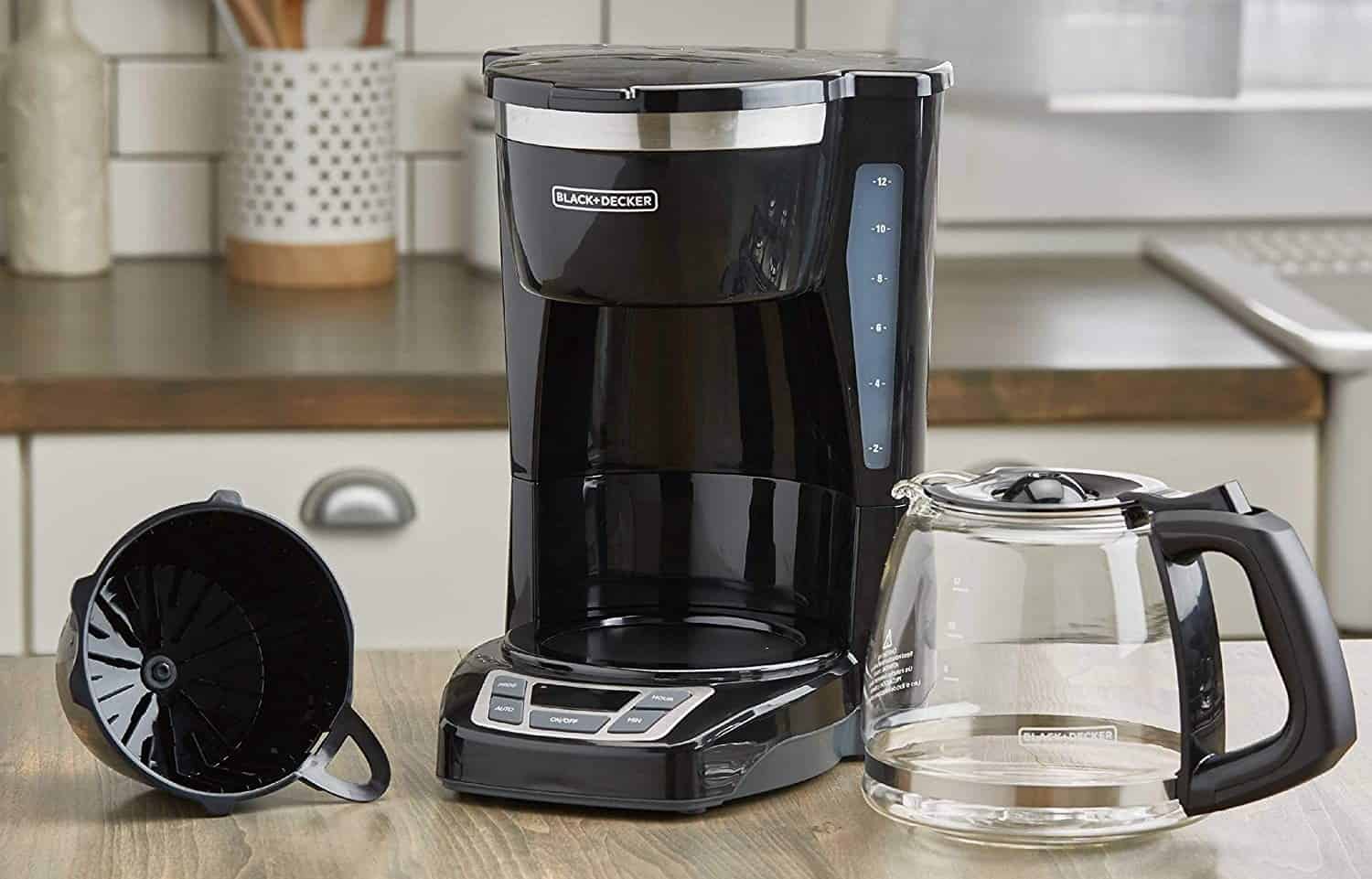
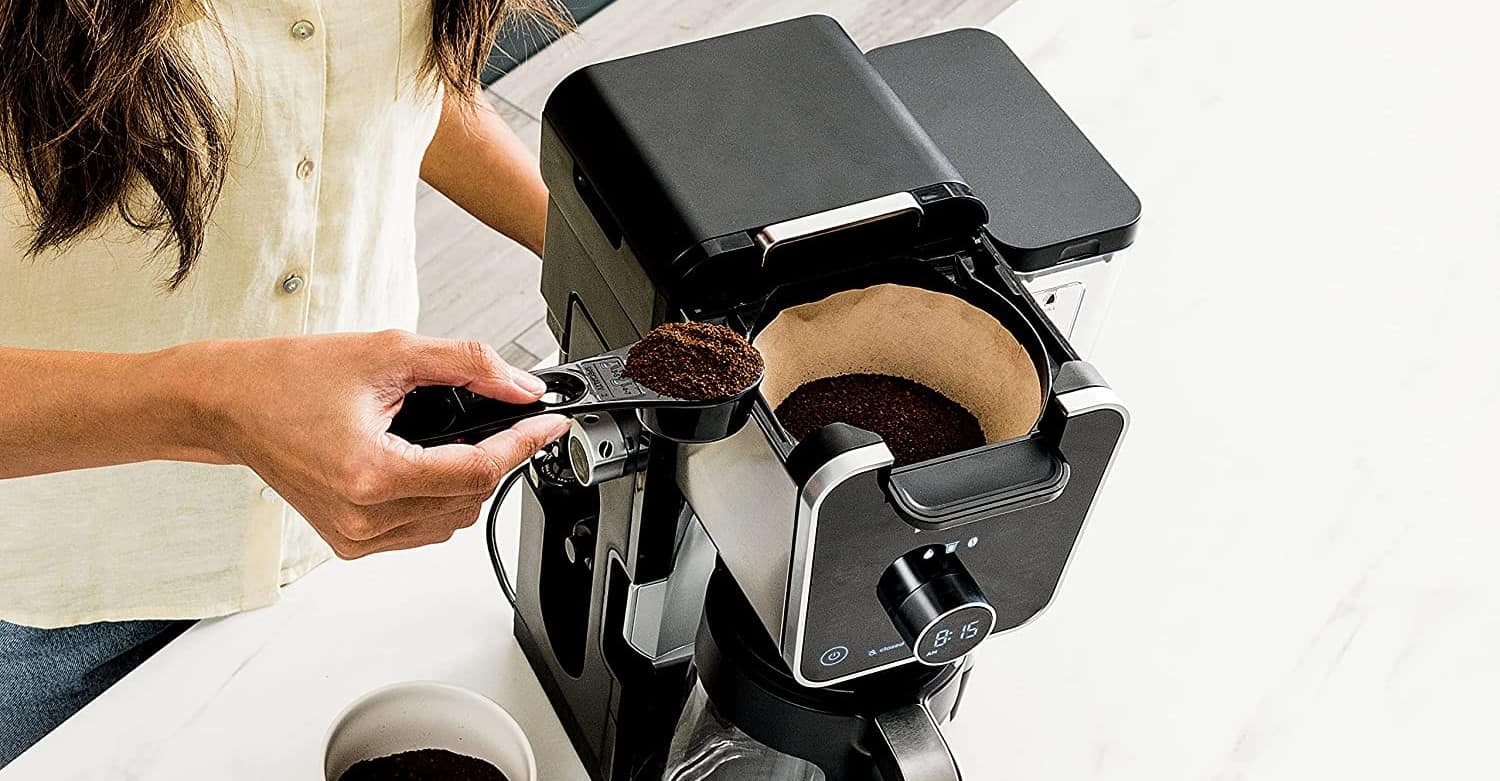
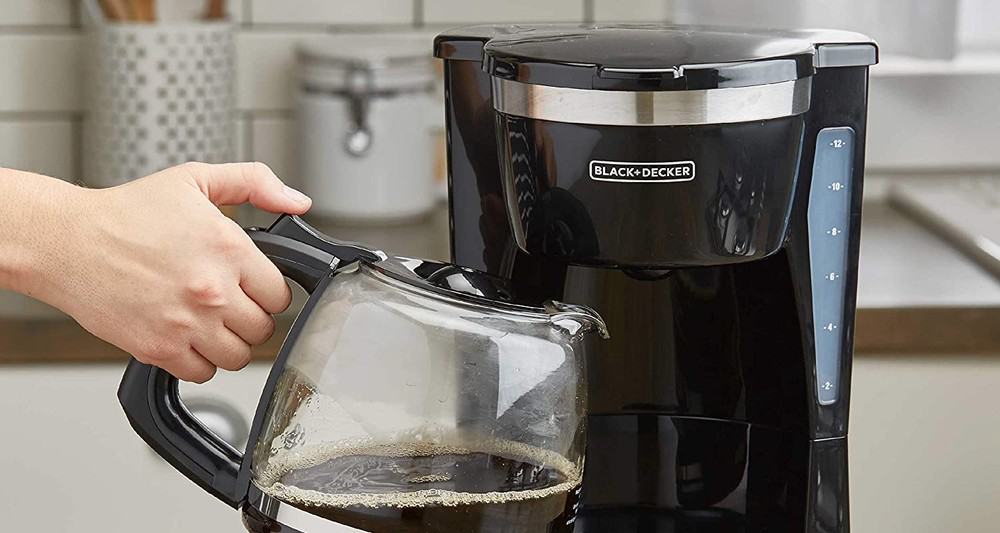
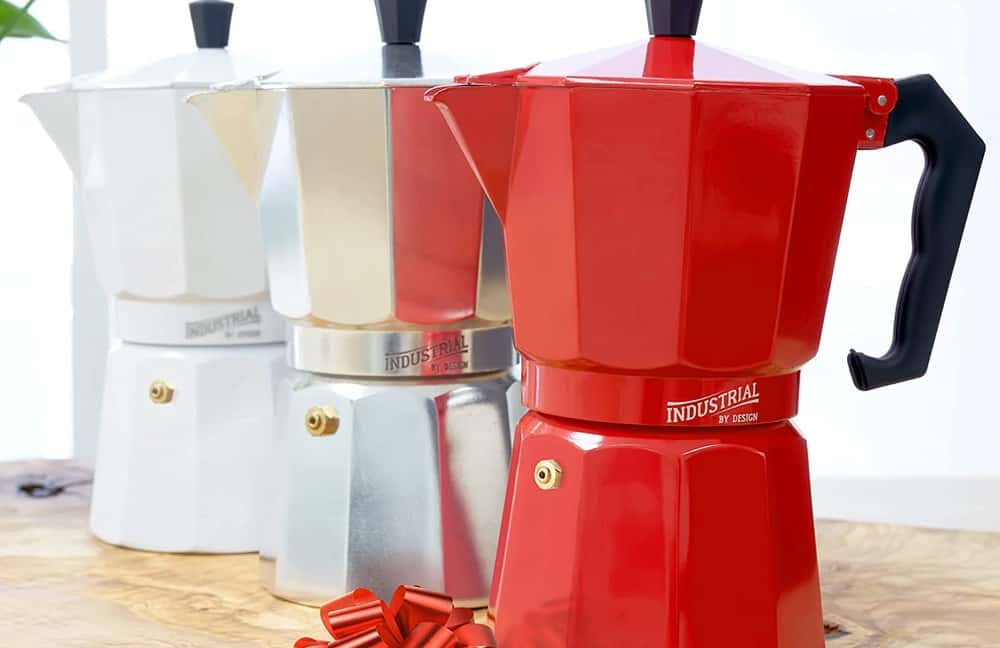
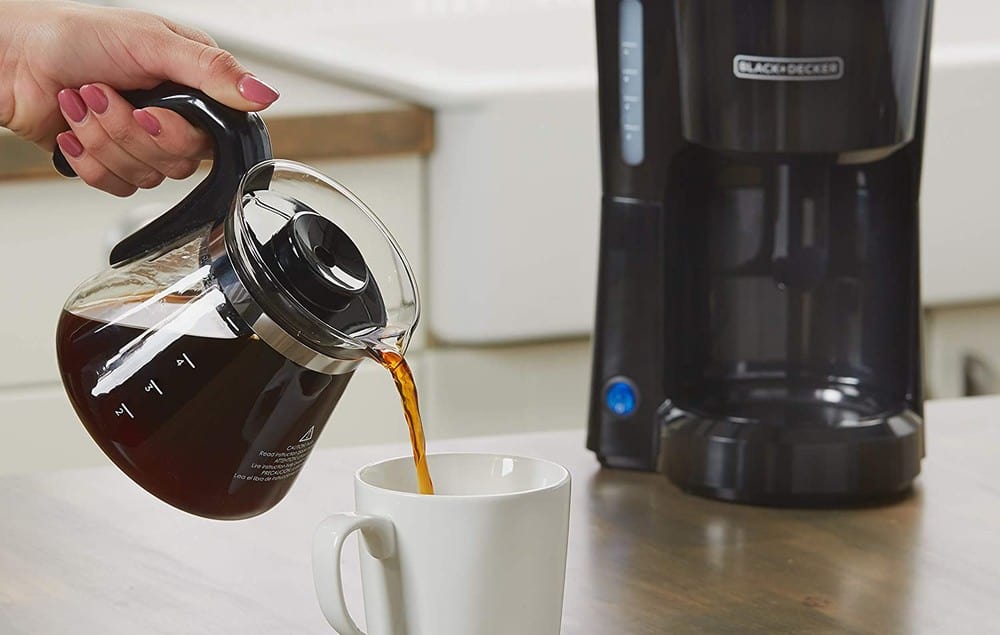
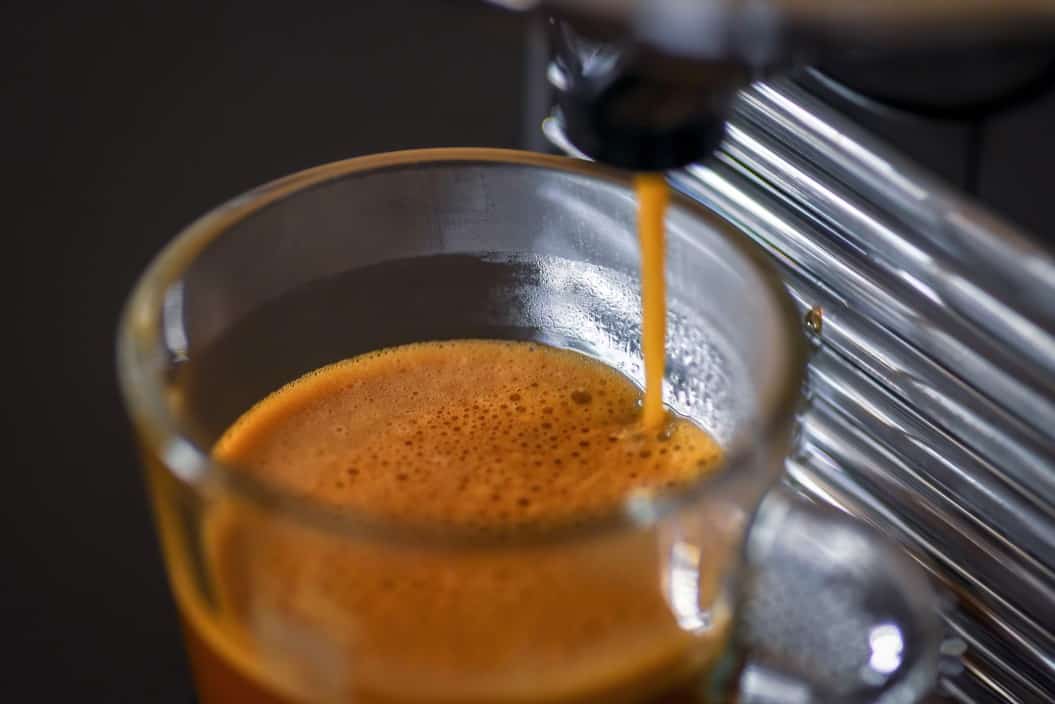
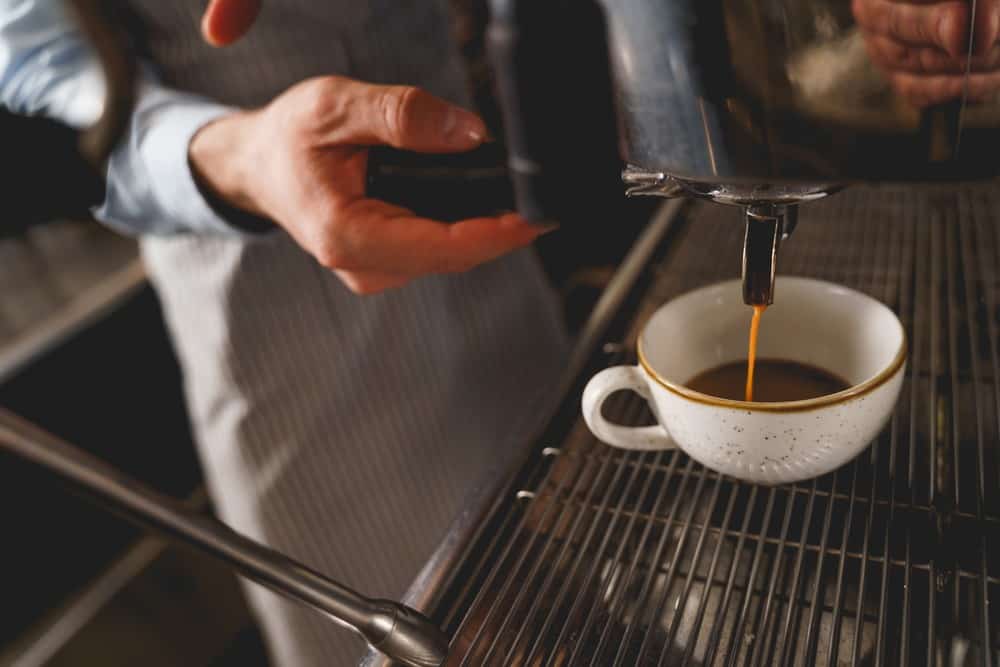
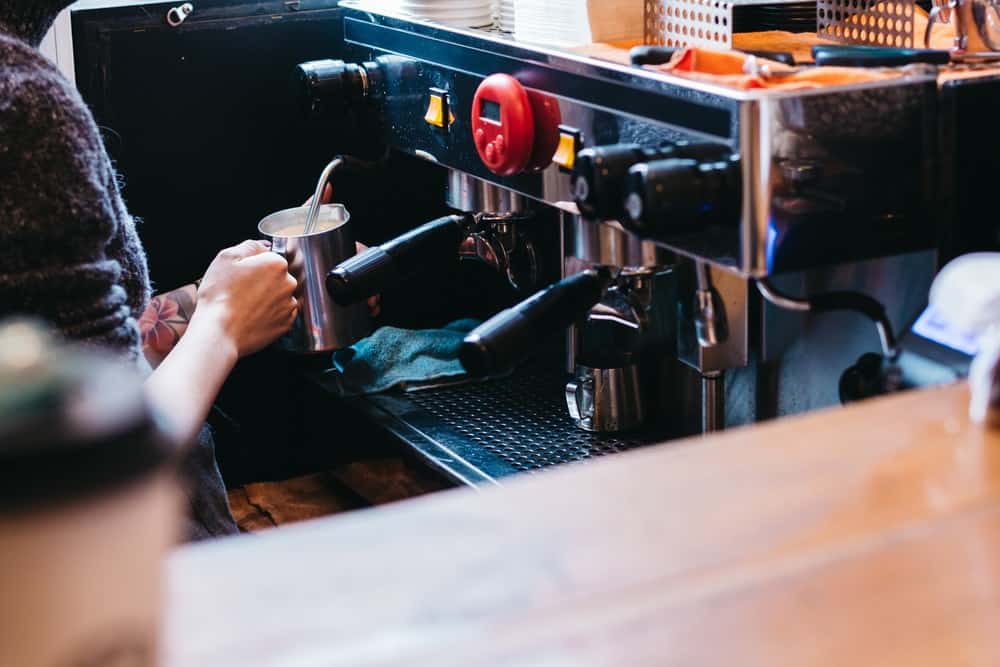
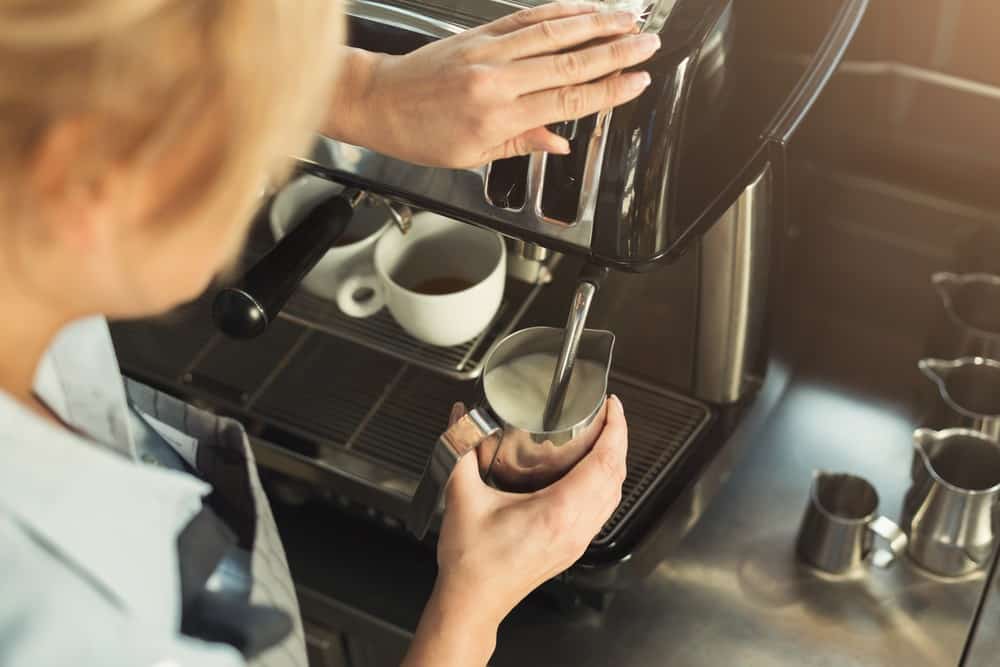
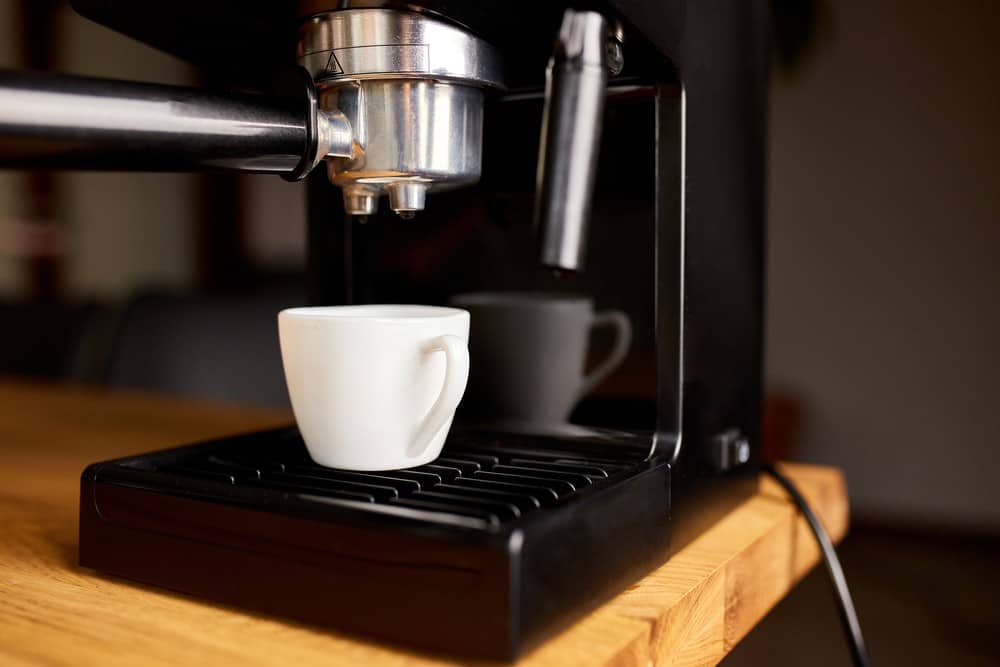
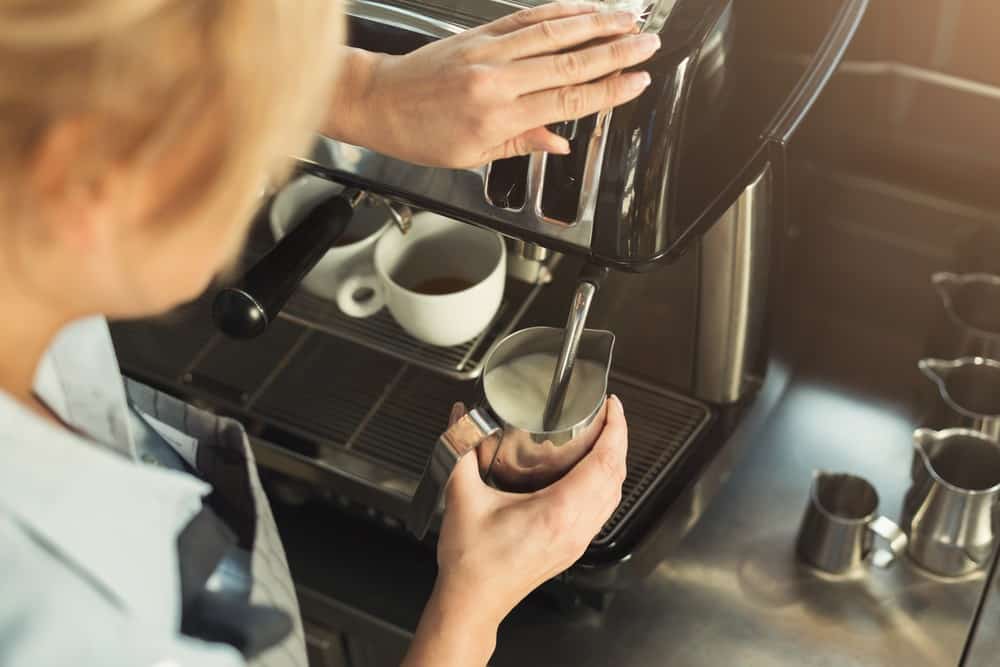
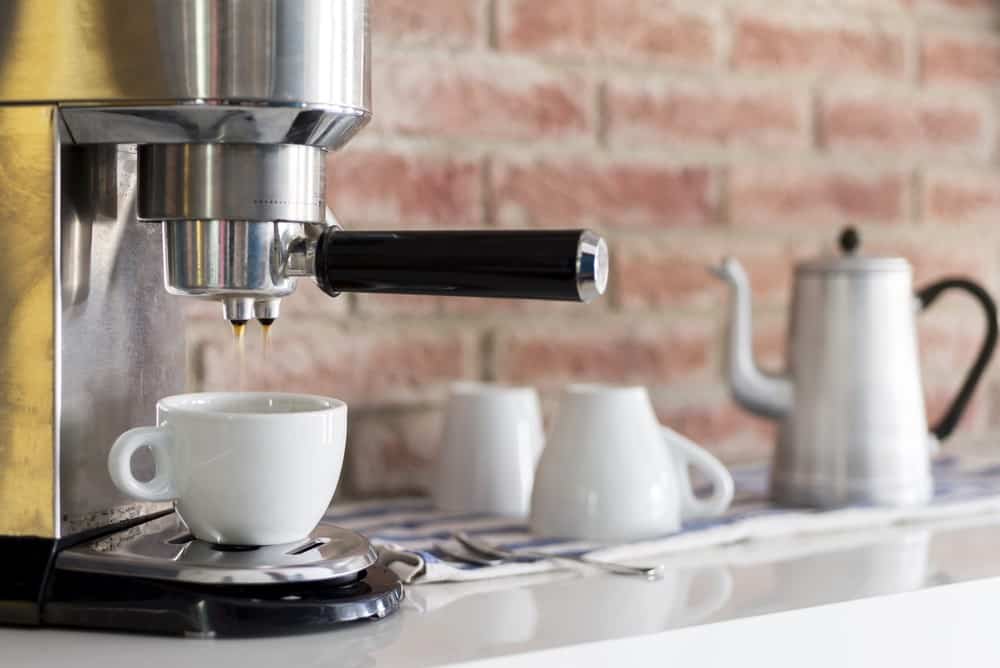
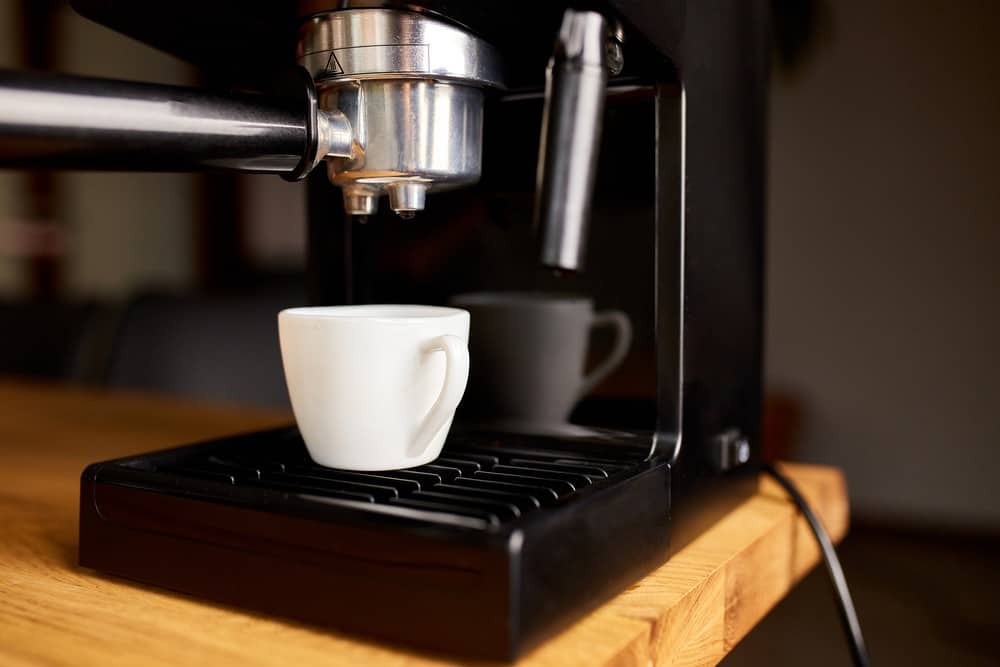
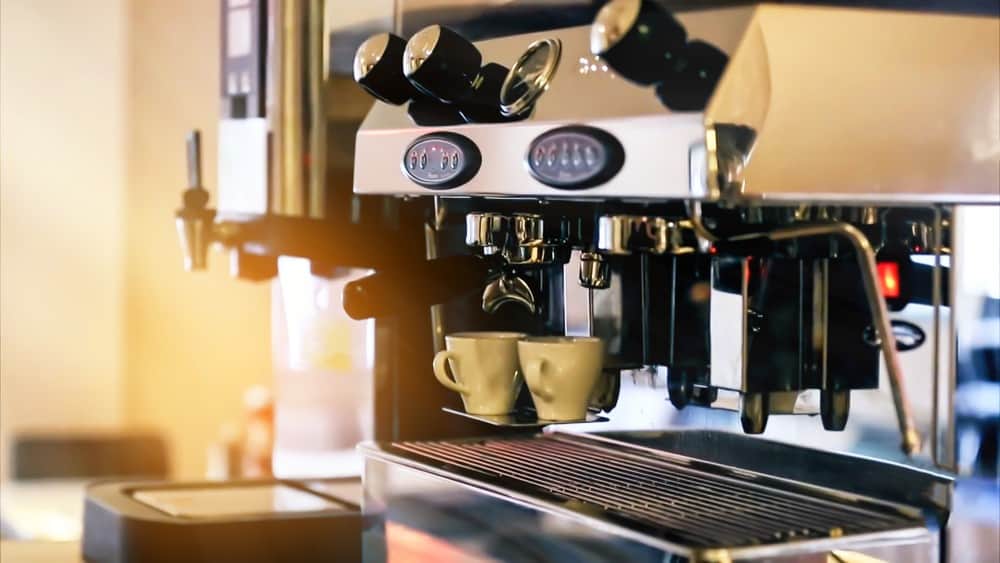
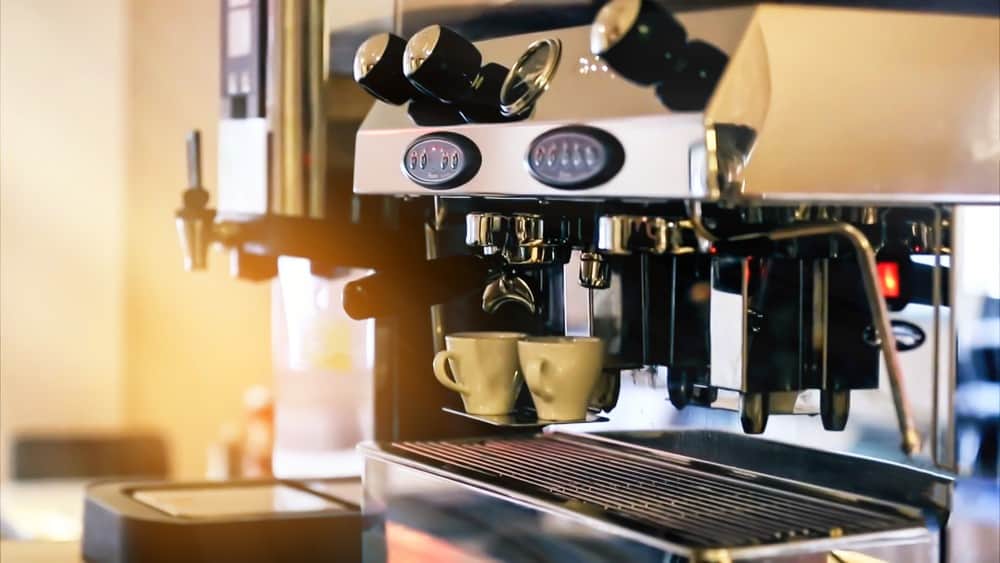
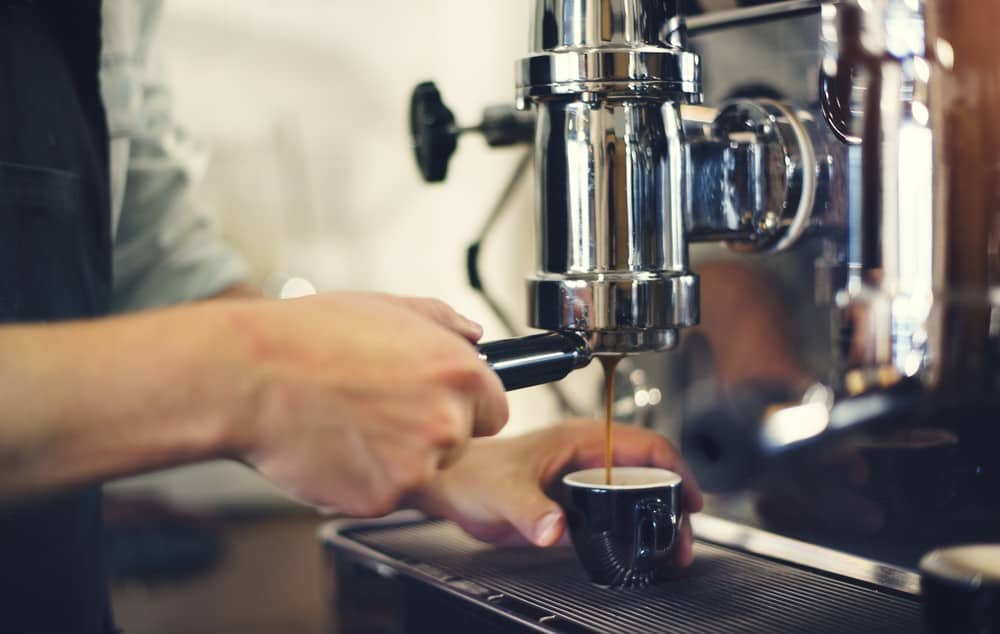
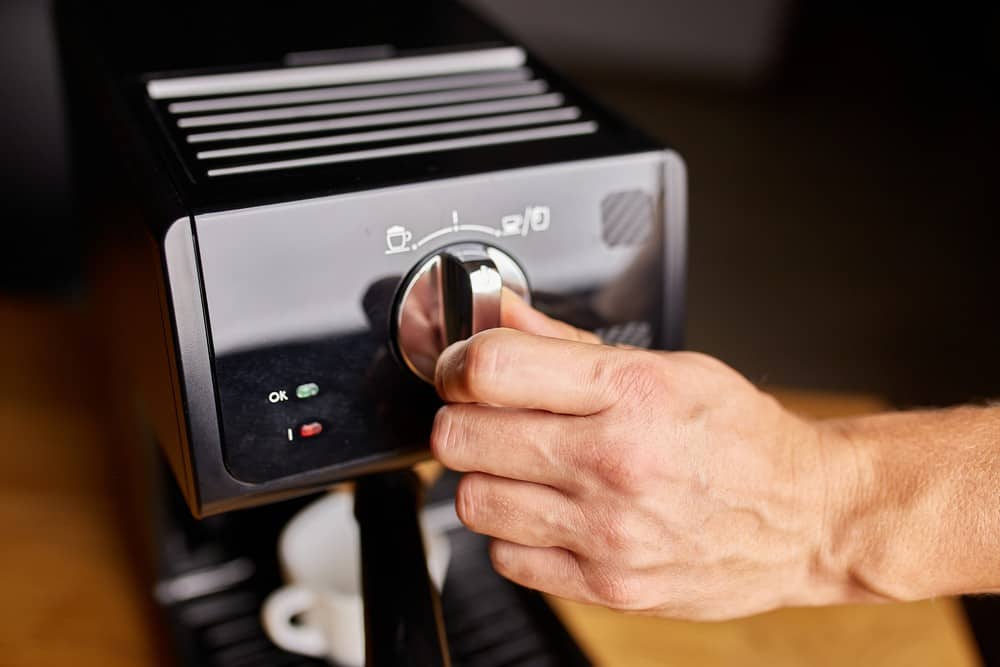
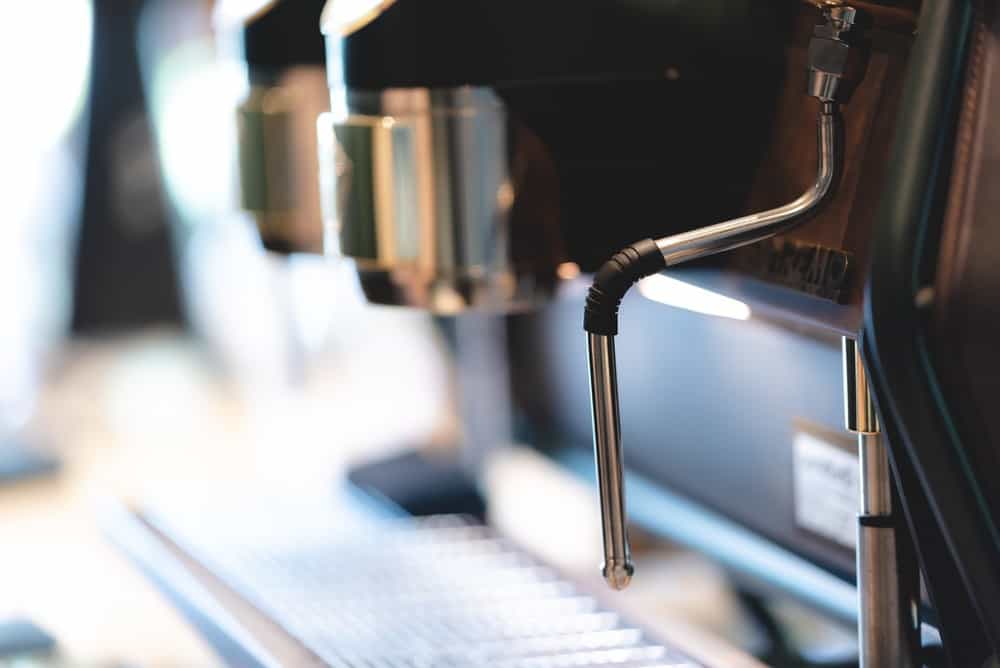
![Best Keurig Alternatives in [year] 27 Best Keurig Alternatives in 2026](https://www.gadgetreview.dev/wp-content/uploads/best-keurig-alternative-image.jpg)
![Best Semi Automatic Espresso Machines in [year] 28 Best Semi Automatic Espresso Machines in 2026](https://www.gadgetreview.dev/wp-content/uploads/best-semi-automatic-espresso-machine-image.jpg)
![Best Coffee and Espresso Makers in [year] 29 Best Coffee and Espresso Makers in 2026](https://www.gadgetreview.dev/wp-content/uploads/best-coffee-and-espresso-maker-image.jpg)
![Best Kitchen Appliances in [year] ([month] Reviews) 30 Best Kitchen Appliances in 2026 (January Reviews)](https://www.gadgetreview.dev/wp-content/uploads/best-kitchen-appliances.jpg)
![Quietest Coffee Makers in [year] 31 Quietest Coffee Makers in 2026](https://www.gadgetreview.dev/wp-content/uploads/quietest-coffee-maker-image.jpg)
![Best Prosumer Espresso Machines in [year] 32 Best Prosumer Espresso Machines in 2026](https://www.gadgetreview.dev/wp-content/uploads/71ytF6efAlL._AC_SL1500_.jpg)
![Best Single Serve Coffee Maker No Pods in [year] 33 Best Single Serve Coffee Maker No Pods in 2026](https://www.gadgetreview.dev/wp-content/uploads/best-k-pod-coffee-image-1.jpg)
![Best Coffee Makers for Hard Water in [year] 34 Best Coffee Makers for Hard Water in 2026](https://www.gadgetreview.dev/wp-content/uploads/best-coffee-maker-for-hard-water-image.jpg)
![Best Dual Boiler Espresso Machines in [year] 35 Best Dual Boiler Espresso Machines in 2026](https://www.gadgetreview.dev/wp-content/uploads/best-dual-boiler-espresso-machine-image.jpg)
![Best Coffee Makers for RV in [year] 36 Best Coffee Makers for RV in 2026](https://www.gadgetreview.dev/wp-content/uploads/best-coffee-maker-for-rv-image.jpg)
![Best Ninja Coffee Makers in [year] 37 Best Ninja Coffee Makers in 2026](https://www.gadgetreview.dev/wp-content/uploads/best-ninja-coffee-maker-image.jpg)
![Best Breville Espresso Machines in [year] 38 Best Breville Espresso Machines in 2026](https://www.gadgetreview.dev/wp-content/uploads/best-breville-espresso-machine-image.jpg)
![Best 5 Cup Coffee Makers in [year] 39 Best 5 Cup Coffee Makers in 2026](https://www.gadgetreview.dev/wp-content/uploads/best-5-cup-coffee-maker-image.jpg)
![Best Commercial Coffee Makers in [year] 40 Best Commercial Coffee Makers in 2026](https://www.gadgetreview.dev/wp-content/uploads/best-commercial-coffee-maker-image.jpg)
![Best Commercial Espresso Machine for a Small Coffee Shop in [year] 41 Best Commercial Espresso Machine for a Small Coffee Shop in 2026](https://www.gadgetreview.dev/wp-content/uploads/best-commercial-espresso-machine-small-coffee-shop-image.jpg)
![Best Coffee for Moka Pot in [year] 42 Best Coffee for Moka Pot in 2026](https://www.gadgetreview.dev/wp-content/uploads/best-coffee-for-moka-pot-image.jpg)
![Best USA Made Coffee Makers in [year] 43 Best USA Made Coffee Makers in 2026](https://www.gadgetreview.dev/wp-content/uploads/best-usa-made-coffee-makers-image.jpg)
![Fastest Coffee Makers in [year] 44 Fastest Coffee Makers in 2026](https://www.gadgetreview.dev/wp-content/uploads/fastest-coffee-maker-image.jpg)
![Best SCAA Certified Coffee Makers in [year] 45 Best SCAA Certified Coffee Makers in 2026](https://www.gadgetreview.dev/wp-content/uploads/best-scaa-certified-coffee-maker-image.jpg)
![Best Smart Coffee Makers in [year] 46 Best Smart Coffee Makers in 2026](https://www.gadgetreview.dev/wp-content/uploads/best-smart-coffee-maker-image.jpg)
